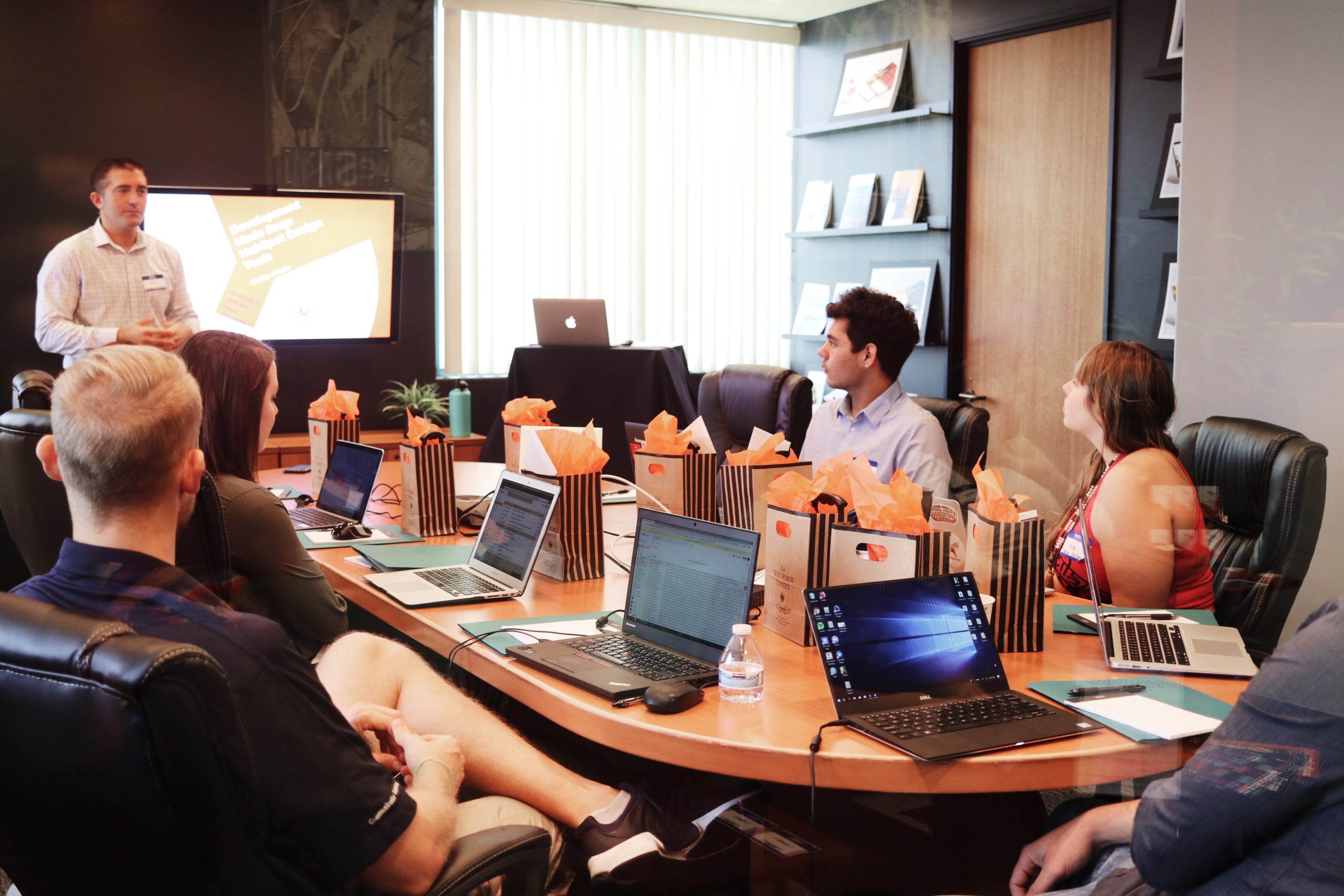Workplace
What Are the Key Skills Modern Leaders Need in the New Hybrid Age?
The pandemic has forced companies to make adjustments on the fly in order to continue operating. The immediate response in many cases was a shift to remote work. But now that health protocols are easing up, company leaders are considering different working models. One of these is the hybrid model, wherein some employees work on site, some work remotely, and there is some freedom for employees to come and go. Consumer electronics company TomTom, for instance, offers complete flexibility, such that employees can decide whether they want to work remotely or physically. This is something that this and many other companies aim to stick with post-COVID.
While a hybrid structure has its benefits however, it can be difficult for business leaders, who need to properly manage and coordinate employees that are both at home and in the office. To help you succeed, you’ll need to have certain skills in your inventory. Below are a few to keep in mind:
Strong communication
When you’re dealing with employees who aren’t working in the same space, you need to be mindful of how to communicate to both remote and in-person employees. Getting a hold of people who work in the office is easy enough — but for remote workers, you need to figure out the best ways to communicated clearly, consistently, and in a way that suits their remote situations.
To make sure everyone is on the same page, Fast Company suggests setting up regular meetings that involve remote and in-person employees alike. While the main purpose of these is to keep the remote employees in the loop on business matters, these meetings can also trigger informal conversations that ensure everyone feels like part of the team. Remote workers who still feel connected to the workplace and day-to-day efforts will be more likely to remain productive.
Emotional intelligence
Emotional intelligence, also known as emotional quotient or EQ, is a person’s ability to understand and manage emotions. This also includes the ability to understand, interpret, and respond to other people’s emotions. Doctors Travis Bradberry and Jean Greaves further explain in their book ‘Emotional Intelligence 2.0’ that EQ is actually a skillset comprising four interconnected skills: self-awareness, self-management, social awareness, and relationship management.
Building these EQ skills will allow you to perform better and understand your team members more thoroughly, as individuals. As a leader, having strong EQ helps you take time to process situations and decide how best to respond, rather than react emotionally in the heat of the moment. This is especially important now that you have employees working under different conditions at home, and you're facing changes in the workplace that can be stressful and unusual at first.
Conflict management
Conflict hurts relationships, and it can heavily impact a company’s productivity as a result. So as a leader, you should learn to handle conflicts well. Beyond developing EQ as discussed above, our ‘5 Ways to Promote Healthy Conflict Resolution in the Workplace’ article provides a few tips for how you can do this. First and foremost, you should never ignore conflict, since doing so will lead to a tense and hostile environment. This can ultimately result in some employees electing to leave. Instead of ignoring issues, make an attempt to learn about your employees’ personality types, knowledge, and skillsets so as to understand them better. This sort of effort is doubly important in hybrid working arrangements, within which conflicts can run longer and become insidious. Discflow profiles can help you identify an employee’s strengths, limitations, and likely behavioural styles. Once you have a good grasp of all this, you can listen to complaints or monitor disputes without bias and ask relevant questions in a non-accusatory manner to get to the core of the conflict.
All in all, managing a hybrid working environment is a real challenge, and one that countless business leaders are dealing with for the first time. It will undoubtedly become easier to navigate the change as you go along. But by honing the skills outlined above, you can get off to a good start with this important transition.
Article was specially written for https://discflow.co by Alicia Woods
More News
DISC Tips & Info
What is the DISC assessment?
DISC Tips & Info
When is best to perform DISC assessments in your organisation?
DISC Tips & Info
How DISC can Improve Employee Onboarding
DISC Tips & Info
Using DISC Assessments in Skills Gap Analysis
DISC Tips & Info
What are the Differences Between Myers-Briggs and DISC?


